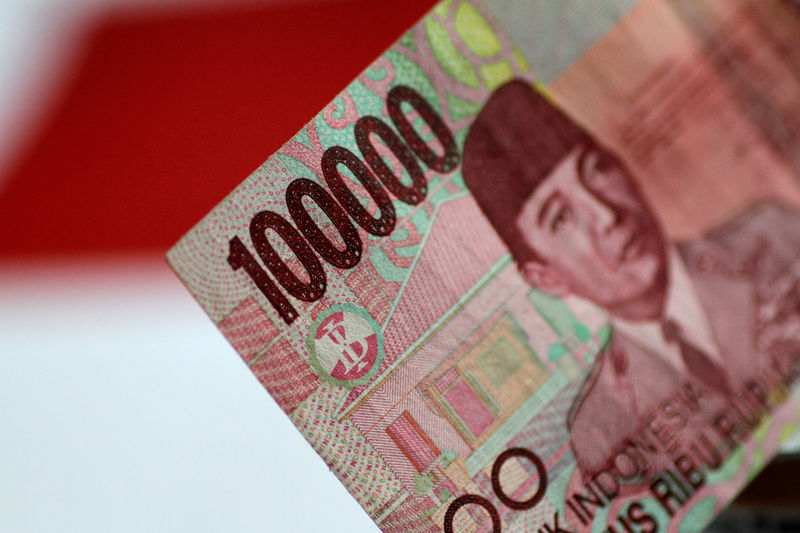BETA Technologies launches IPO of 25 million shares priced $27-$33
Investing.com – Most Asian currencies saw little movement on Thursday as investors digested a slightly hawkish U.S. Federal Reserve meeting, while the Indonesian rupiah dropped even as the country’s central bank reassured markets about stable forex supply and demand.
The Fed maintained its benchmark interest rate overnight, with Chair Jerome Powell indicating no immediate plans for rate cuts.
The US Dollar Index was largely unchanged in Asia hours, supported by expectations of slower rate cuts in 2025 and the lingering impact of President Donald Trump’s tariff policies.
Dollar Index Futures ticked 0.1% lower.
Hawkish Fed, tariff fears spark risk-off sentiment
Fed officials emphasized their commitment to maintaining restrictive monetary policy until they gain more confidence that inflation is sustainably moving toward the Fed’s 2% target.
“We don’t think the Fed’s conditions for a dovish tilt have been met, and USD can firm up on a hold,” ING analysts said in a recent note.
In addition to the higher-for-longer U.S. rates, and prospects of a stronger dollar, Asian currencies faced downward pressure from uncertainty around Trump’s tariff policies.
Trump is expected to implement a 25% tariff on imports from Canada and Mexico starting this Saturday, with potential additional tariffs on Chinese goods.
The Chinese yuan remained largely unchanged in both offshore USD/CNH and onshore USD/CNY markets, with thin trading volumes due to the Lunar New Year holiday.
The South Korean won’s USD/KRW edged up 0.1% amid political uncertainties in the country.
The Singapore dollar’s USD/SGD pair inched 0.1% higher, while the Indian rupee’s USD/INR pair fell 0.1%.
The Australian dollar’s AUD/USD pair inched 0.1% lower amid rate-cut bets after soft inflation data.
The Japanese yen’s USD/JPY pair fell 0.4% due to safe-haven demand amid a broader risk-off sentiment.
Indonesian rupiah tumbles despite BI intervention
Indonesian rupiah’s USD/IDR pair jumped 0.7% on Thursday after facing recent gains, even as the Bank Indonesia intervened to assure the markets.
Indonesia’s central bank has taken steps to maintain stability in the foreign exchange market by ensuring a balanced supply and demand for foreign currency, Reuters reported on Thursday.
Edi Susianto, head of monetary management at BI, told Reuters that the currency’s decline was largely influenced by market reactions to the Fed’s decision to keep interest rates unchanged on Wednesday, along with gains in U.S. equities.
He emphasized that BI remains committed to stabilizing the rupiah through necessary interventions in the forex market.
